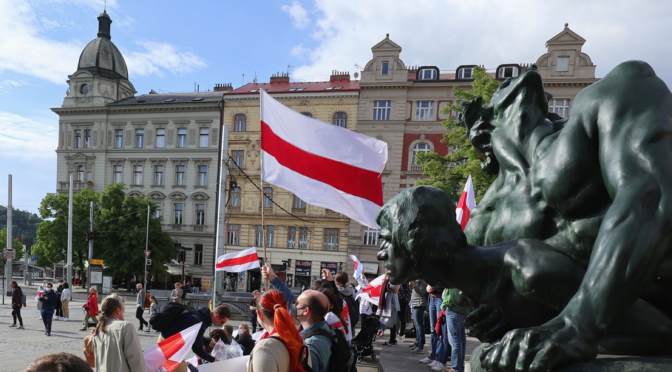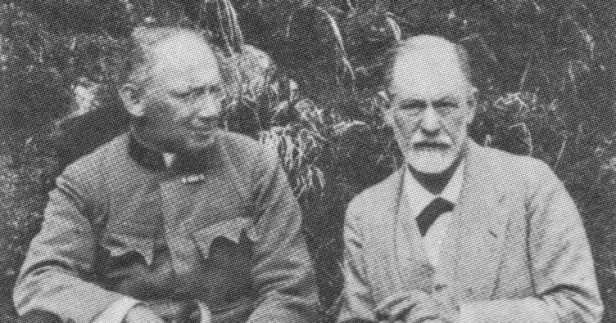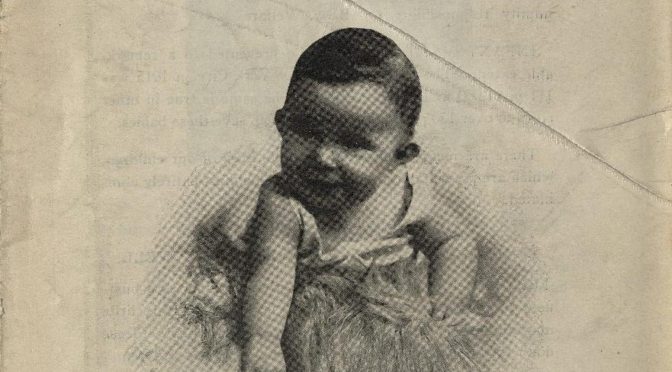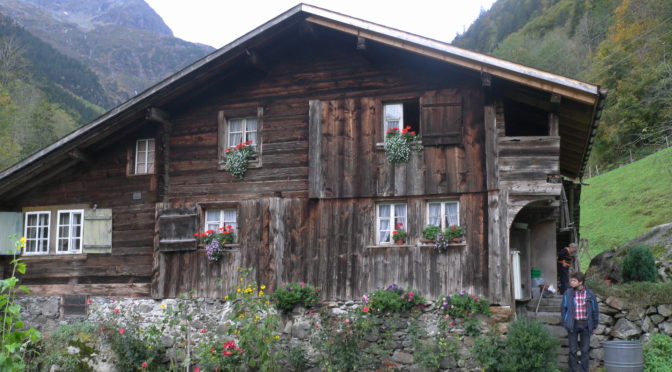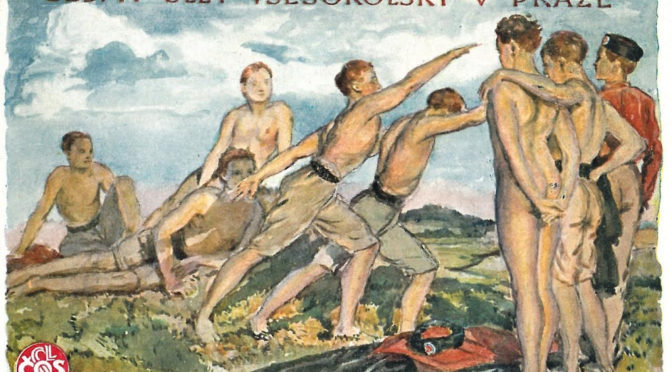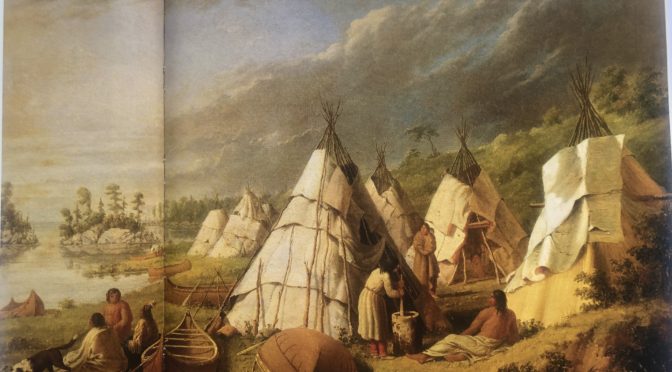Belarusian exiles in Central and Eastern Europe after 2020
CEFRES workshop, CEFRES Library, Na Florenci 3, Prague
When: May 19, 2022, 9:00 am-6:00 pm
Where: At CEFRES and online
Language: English
Convenors: Ronan HERVOUET (CEFRES / University of Bordeaux), Daniela KOLENOVSKÁ (Charles University), Anna TALIARONAK (Charles University)
The conference will be at CEFRES and simultaneously on zoom:
https://us02web.zoom.us/j/84702264928
Abstract:
The unprecedented protest movement against the Lukashenko regime was followed by an unprecedented repression. In the months following the 9 August 2020 presidential elections, more than 200,000 Belarusians are reported to have left the country. The most important destinations are Lithuania and Poland, but also the Czech Republic, Georgia, Ukraine and Germany. This emigration concerns various social groups: workers, doctors, academics, IT sector employees, students, etc. Indeed, it differs from the exile of political activists forced to leave after previous presidential elections.
This workshop aims to analyze different dimensions of this European exile. It will examine the experiences of exiles, the reasons for their emigration, the conditions of reception in the countries of Central and Eastern Europe and the forms of solidarity that are deployed towards these populations and within these communities.
This workshop will bring together researchers from the academic world, but also members of NGOs and solidarity networks.
Program:
9.00 | Welcome
09.15-10.15 | History of Belarusian exile
Discussant: Michal PLAVEC (Prague’s National Technical Museum)
Dorota MICHALUK (Nicolaus Copernicus University)
Unrealized concept of the Belarusian People’s Republic – causes and consequences
Daniela KOLENOVSKÁ (Charles University)
The different features of Belarusian exile in the 20th – 21st centuries
10.30-12.30 | Belarusian exiles, politics, and democracy
Discussant: Alena MARKOVÁ (Charles University)
Ekaterina PIERSON-LYZHINA (Université Libre de Bruxelles / CEVIPOL)
The paradox of seeking legitimacy by Belarusian internationally recognized opposition
Ekaterina DEIKALO (Independent expert in international law and human rights, Belarusian academician)
What is the State and who we are ?
Kryscina ŠYJANOK (Belarusian translator & interpreter, activist)
Central European politics and Belarusian exiles : the Czech case
Vintsuk VYACHORKA (Belarusian linguist & journalist)
(To be confirmed)
13.30-15.00 | Academics, students and exile from Belarus
Discussant: Jérôme HEURTAUX (CEFRES)
Aliaksandr PARSHHANKOU (Charles University) and
Dmitrij METLICKÝ (Prague University of Economics)
The Role of Student Trade Unions during the Political Crisis in Belarus in 2020-2021
Nina SKEPYAN (Belarusian Institute in Prague)
Belarusian historical scholarship within the political crisis of 2020
Karolina KRACÍKOVÁ (Charles University)
Belarusians in exile in Czech Republic: solidarity and networks among students
15.30-17.15 | The experience of exile : gathering life histories, analyzing narratives
Discussant: Anemona CONSTANTIN (CEFRES)
Ronan HERVOUET (University of Bordeaux / CEFRES)
Life stories of Belarusian exiles : a sociological approach
Anna TALARIONAK (Charles University)
Belarusian Exiles Caught in the Ukrainian Conflict
Henadz KORSHUNAU (Center for New Ideas)
Belarusians today: in and outside Belarus
17.30-18.00 | Conclusive speech
Michèle BAUSSANT (CEFRES / ICM Fellow)
Far from where? From Exile to Exile, between uprooting and banishment

